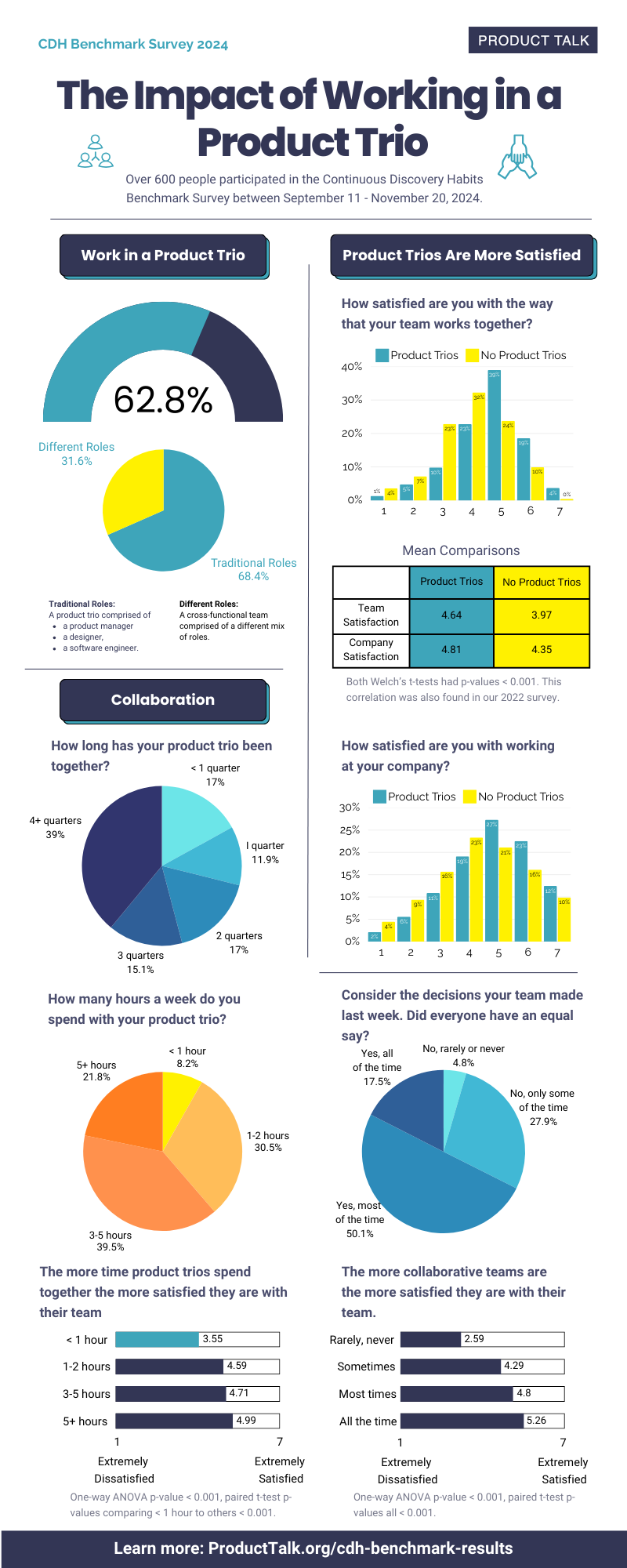Workers’ Compensation Insurance: A Guide for Employers

As an employer, ensuring the safety and well-being of your employees is not just a moral obligation but also a legal requirement. One of the most critical aspects of protecting your workforce is having Workers’ Compensation Insurance. This insurance provides financial and medical benefits to employees who suffer work-related injuries or illnesses while shielding employers from potential lawsuits.
In this guide, we’ll cover everything employers need to know about Workers’ Compensation Insurance, including its importance, legal requirements, coverage details, and tips for managing claims effectively.
What Is Workers’ Compensation Insurance?
Workers’ Compensation Insurance is a type of business insurance that provides benefits to employees who get injured or become ill due to their job. It typically covers:
-
Medical expenses (hospital bills, surgeries, medications)
-
Lost wages (if the employee cannot work temporarily or permanently)
-
Rehabilitation costs (physical therapy, vocational training)
-
Death benefits (compensation to the employee’s family in case of fatal accidents)
In exchange for these benefits, employees generally waive the right to sue their employer for negligence.
Why Is Workers’ Compensation Insurance Important?
-
Legal Compliance – Most states require businesses with employees to carry Workers’ Compensation Insurance. Failing to comply can result in hefty fines, penalties, or even business closure.
-
Employee Protection – It ensures that injured workers receive proper medical care and financial support, improving morale and loyalty.
-
Employer Protection – Without this insurance, businesses could face costly lawsuits from injured employees.
-
Business Continuity – By covering medical and disability costs, it helps maintain productivity and reduces financial strain on the company.
Who Needs Workers’ Compensation Insurance?
Nearly all businesses with employees are legally required to have Workers’ Compensation Insurance, including:
-
Full-time and part-time employees
-
Seasonal workers
-
Temporary or contract workers (depending on state laws)
Sole proprietors and independent contractors may not always need coverage, but they can opt in for personal protection.
How Does Workers’ Compensation Work?
-
Employee Gets Injured – The worker reports the injury to the employer immediately.
-
Employer Files a Claim – The employer submits a claim to their Workers’ Compensation insurance provider.
-
Claim Review – The insurer investigates the claim and approves or denies it based on validity.
-
Benefits Provided – If approved, the employee receives medical care and wage replacement.
-
Return-to-Work Process – The insurer may assist with rehabilitation to help the employee return to work safely.
How to Reduce Workers’ Compensation Costs
Workers’ Compensation premiums can be expensive, but employers can take steps to lower costs:
-
Implement Workplace Safety Programs – Regular training and safety protocols reduce accidents.
-
Encourage Early Reporting – Prompt reporting of injuries prevents complications and fraud.
-
Return-to-Work Programs – Modified duties help injured employees transition back to work faster.
-
Work with Reputable Insurers – Compare quotes and choose insurers with good claim management.
-
Maintain Accurate Records – Proper documentation helps streamline claims and disputes.
Common Workers’ Compensation Claim Mistakes to Avoid
-
Delaying Claim Reporting – Late filings can lead to claim denials.
-
Lack of Communication – Employers should stay in touch with injured workers and insurers.
-
Ignoring Workplace Hazards – Failing to address unsafe conditions increases risks.
-
Misclassifying Employees – Incorrect job classifications can lead to premium disputes.
Final Thoughts
Workers’ Compensation Insurance is a crucial safeguard for both employees and employers. By understanding its requirements, benefits, and best practices, businesses can create a safer workplace while minimizing legal and financial risks.
If you’re an employer looking for reliable insurance solutions, consult a licensed provider to ensure compliance and optimal coverage.
This article was brought to you by joknewz.xyz – your trusted source for business and insurance insights.










































































































![Building A Digital PR Strategy: 10 Essential Steps for Beginners [With Examples]](https://buzzsumo.com/wp-content/uploads/2023/09/Building-A-Digital-PR-Strategy-10-Essential-Steps-for-Beginners-With-Examples-bblog-masthead.jpg)















![How to Use GA4 to Track Social Media Traffic: 6 Questions, Answers and Insights [VIDEO]](https://www.orbitmedia.com/wp-content/uploads/2023/06/ab-testing.png)




































